Academic excellence
The LIVE Master is an Erasmus Mundus Joint Master Programme of “outstanding academic quality” recognized by the European Commission. Academic excellence lies at the heart of LIVE, as students acquire advanced scientific knowledge, experience different cultures and learn multidisciplinary skills over the course of their studies.


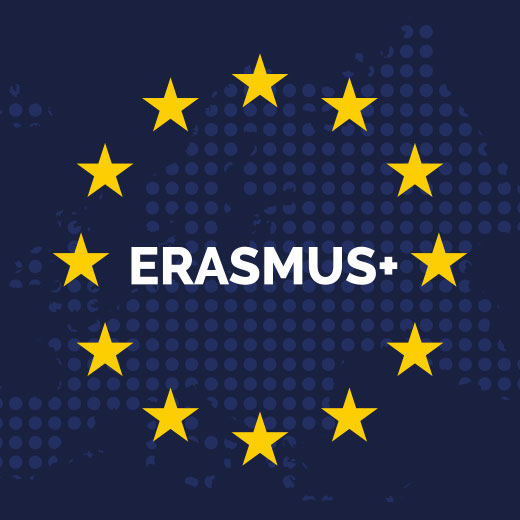



EMJM Label
The Master LIVE has been awarded the Erasmus Mundus Joint Master (EMJM) quality label since 2015. With three successive programmes (LIVE2015-20, LIVE+2018-24, LIVE_Innov2024-30). The LIVE consortium takes up the challenge of Leading International Vaccinology Education for Innovation. The Master LIVE remains in the EMJM catalogue of the European Masters of Excellence. This EMJM label comes with funding to annually grant scholarships to non-EU and EU students. In 2024, the European project LIVE_Innov (Ref. # 101172104) scored 90/100 in the evaluation report provided by the EACEA and was awarded € 4,908,000, starting in September 2024. The funding runs until 2030. According to the EACEA evaluation:
- LIVE “offers an interesting multi-disciplinary academic programme in a very dynamic research area. The academic offer is up-to-date in a fast-evolving field, with appropriate involvement of relevant industry and networks“.
- About the LIVE consortium: “All are leaders in the field with a very good track record, building on a broad collaboration experience in the previous EMJM, together with joint research and other activities. The project team is large, diverse and international. The number of associated partners committed to the EMJM is impressive.“
- About employability: “Objectives are verifiable through a comprehensive set of indicators for each challenge. Consideration is given to relevant societal and labour market needs developed in partnership with vaccine manufacturers. The proposal presents a comprehensive inventory of jobs that are well defined and targeted strategies are adequately established.“
- LIVE in Europe because: “The proposed Erasmus Mundus Joint Master (EMJM) ambition is to train the next generation of vaccinologists. It is very relevant to EMJM programme objectives and addresses an important area of science. The master’s is a multidisciplinary offer involving scientists, bioengineers, clinicians, pharmacologists and veterinarians, addressing vaccine research, design, innovation, preclinical and clinical development to scale-up, production, regulatory affairs, communication and public health. The proposed EMJM is relevant to many European priorities and has adequate reference to European strategic plans, agendas, frameworks, recommendations, reviews and policy discussions.“
Accreditation
The LIVE master students follow three national master programmes accredited after external independent evaluation performed by three independent accreditation organizations: ANECA in Spain, NVAO in Flanders and HCERES in France. These accreditation bodies guarantee the quality of higher education, are full members of the European Association for Quality Assurance in Higher Education and registered in the European Quality Assurance Register for Higher Education (EQAR).
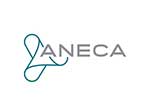
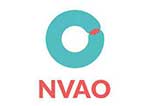
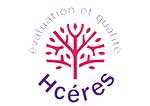

Scientific Core
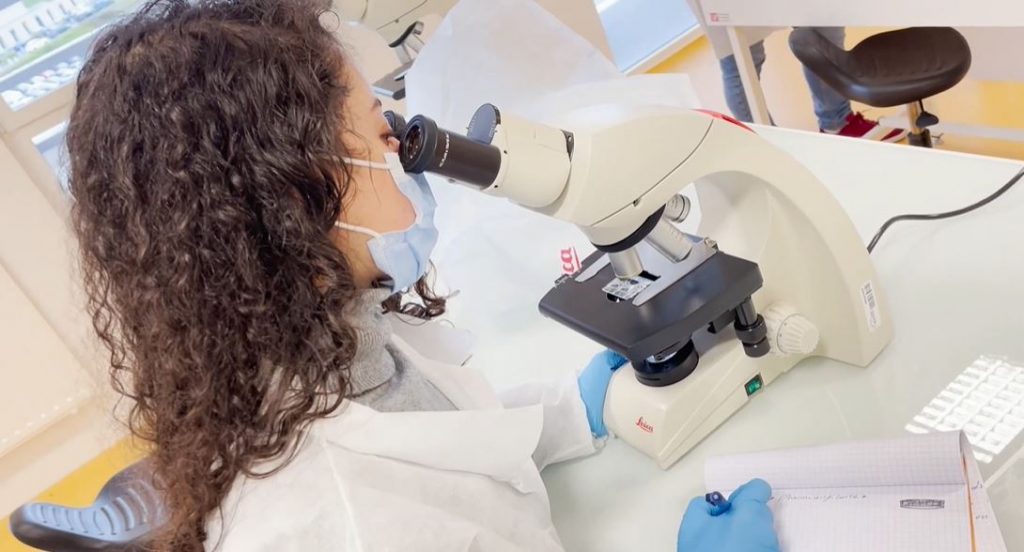
The LIVE Master has at its core advanced and in depth scientific understanding of immunology, immunopathology, infectiology, epidemiology and vaccinology. The LIVE programme also focuses on vaccine formulation and safety, aged or newborn or immuno-compromised immune systems, host-pathogen interactions and clinical vaccine trials. Methods and techniques of modern vaccinology are taught within the LIVE programme, including statistics, “omics” and computer modelling approaches.
International outlook
LIVE students and graduates come from over fifty different nationalities from all over the world. This internationality fosters cultural exchange and friendships both within and between promotions, within the LIVE family. The wider LIVE network of associated partners and invited scholars spans seventeen nationalities and five continents. The LIVE programme includes improving two foreign languages and perfect English language skills, as this is the language of science. Events such as the VaxInLIVE Symposia bring together international speakers and LIVE students to discuss vaccinology research across the globe and then enable students to expand their professional network.
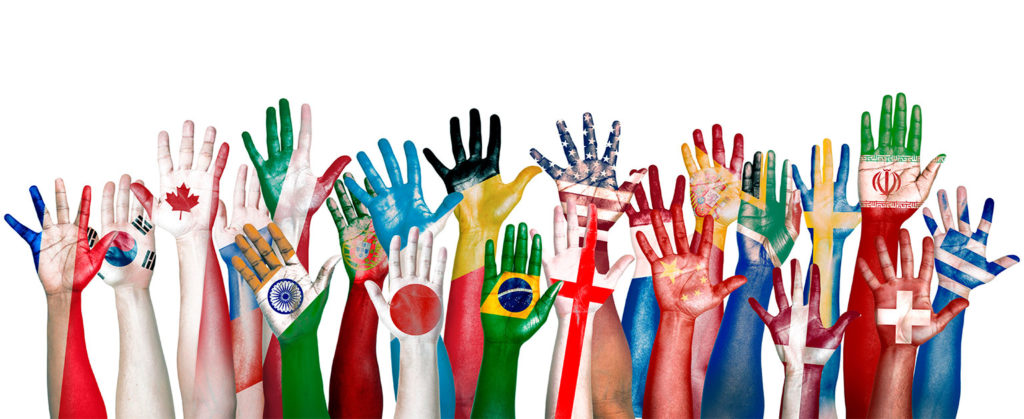
Multidisciplinary skills for Anthropocene

The LIVE degree seeks to equip its students with the skills they need to succeed in the professional world, and focuses on multidisciplinary teaching rather than purely scientific content. Modules covering project management, communication and languages mean students graduate from the LIVE programme as well-rounded young vaccinologists, ready to work in industry, academia, research, public health or any other vaccine-related disciplines. Digital skills are also developed through the creation of a MOOC in the third semester of the master. LIVE is expecting to educate about 120 vaccinologists of ~50 nationalities in the next four promotions from 2023. They will connect to the growing LIVE Alumni family, to tackle challenges for existing and developing preventive and therapeutic vaccines, being involved in reality projects during LIVE in research, training, communication and innovation. From 2023, we take concern of our changing world to imagine future vaccines lowering negative impacts of Anthropocene: from efficient “green” production and administration of vaccines to future adaptive vaccinology quickly dealing with climate change-induced emerging diseases.

